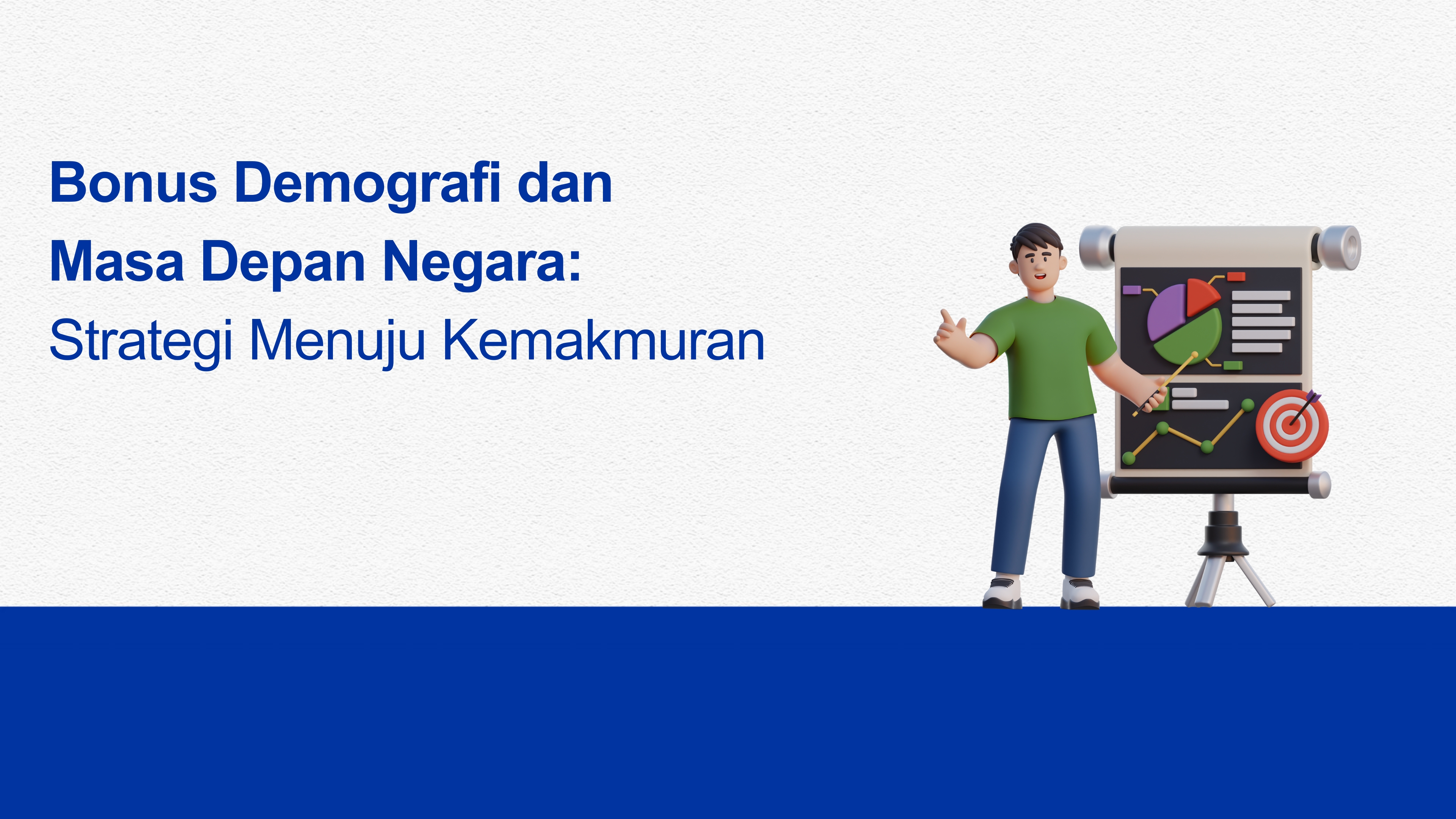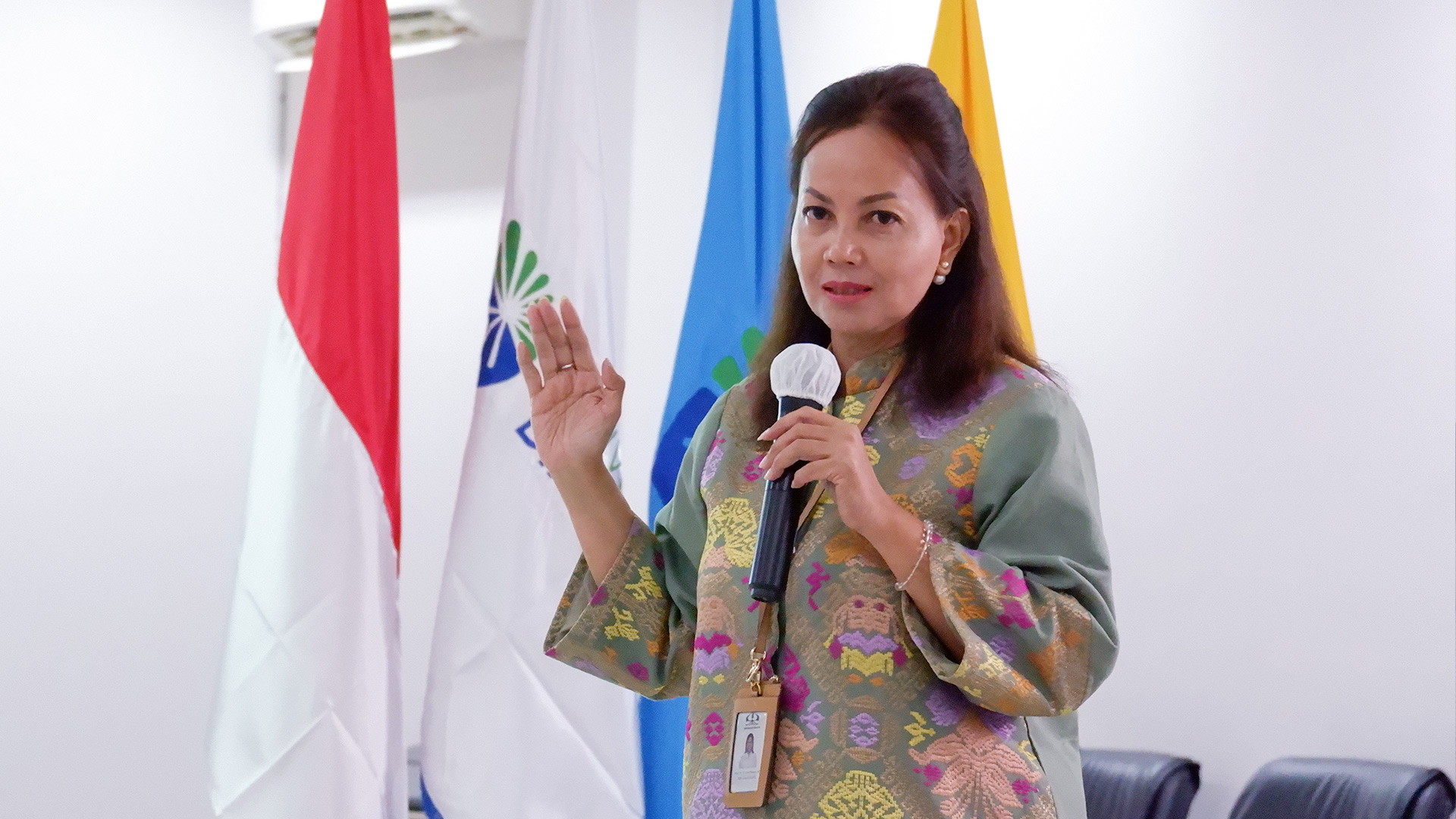Demographic Bonus and the Nation’s Future: Strategies Towards Prosperity

Like the driving gears in a well-oiled machine ensuring optimal system performance, a nation's population serves as the core element in the economic cycle. Within society, the population is divided into two main age groups:
-
Productive age group (15–64 years), consisting of workers and students.
-
Non-productive age group (0–14 years and 65 years and above), which includes children and the elderly.
When the number of individuals in the productive age group surpasses those in the non-productive age group, a nation has the potential to achieve a Demographic Bonus—an opportunity to significantly boost economic prosperity and competitiveness. If well-managed, this phenomenon can become a driving force behind resource development and economic growth.
Not all countries can fully capitalize on their demographic bonus. Japan and South Korea, for instance, face major challenges due to declining birth rates, leading to a shrinking productive workforce. In contrast, Indonesia benefits from a youthful population with great potential—competent, innovative, and creative—serving as a catalyst for national development.
According to Indonesia’s Central Bureau of Statistics (BPS) in 2025, the country’s population will reach 284.44 million, with an annual growth rate of 1.09%. Additionally, Indonesia boasts numerous innovators whose contributions include groundbreaking advancements such as the Chicken Claw Foundation Construction technique, Wolbachia-Engineered Mosquitoes, and the development of Static Random Access Memory (S-RAM).

Given this abundance of productive individuals, it is crucial to harness their potential effectively. The workforce increasingly demands specialized and generalized skills, urging the education sector to keep pace with time. However, general skill acquisition beyond academic studies does not solely determine a student’s future. In certain recruitment processes, companies tend to prioritize specialized expertise—not only because it is cost-effective, but also because it saves time, as training costs can be substantial.
Responding to this reality, the Ministry of Higher Education, Science, and Technology (KEMDISTEK) has launched the DIKTI Saintek Berdampak Program to address the demographic bonus phenomenon. This program evolves from the Kampus Merdeka Program, aiming not only to produce academic achievements but also tangible benefits for society.
According to KEMDISTEK Minister Brian Yuliarto, higher education institutions should not merely be providers of knowledge, but also key drivers of social and economic change, aligned with evolving societal needs.
While the Kampus Merdeka Curriculum emphasizes student freedom in education, DIKTI Saintek Berdampak focuses on specialization in respective fields. Additionally, it employs the Output-Based Education (OBE) system, prioritizing concrete learning outcomes to ensure that educational material is not merely theoretical, but actively fosters students' global competencies.
Through Output-Based Education, learning becomes practical and goal-oriented, rather than excessively theoretical or overly flexible. Students are encouraged to develop relevant expertise, preparing them to enter the workforce with both interdisciplinary knowledge and specialized proficiency.
The younger generation is urged to maintain mindfulness and openness, avoiding overly generalized perspectives. They must equip themselves with education tailored to global demands, allowing for deeper understanding and ensuring they are not only broadly knowledgeable but also strategically positioned to contribute effectively to national progress.
Indonesia's future depends on its youth, who serve as Agents of Change in national development. The demographic bonus is not a guarantee of success, but rather a potential advantage that must be cultivated through wise human resource management and infrastructure improvements.
As a visionary institution that upholds integrity and professionalism, Dian Nusantara University (UNDIRA) is committed to fostering competitive students through 2030. One of its key initiatives is Technofest, a launching pad for innovation and creativity among young minds. This program encourages student participation in shaping a brighter and more competitive future for Indonesia on the global stage.
(Kornelia Johana Dacosta / Humas UNDIRA)
Press Contact :
Biro Humas & Sekretariat Universitas Dian Nusantara
Facebook : www.facebook.com/undiraofficial
Instagram : www.instagram.com/undiraofficial
Twitter : www.twitter.com/undiraofficial
www.undira.ac.id
Other

Explanation of Construction and Transportation Management Concentration (Civil Engineering)
Read more
Corporate Management and Taxation: Is There a Link? Insights from UNDIRA Students' Research on Tax Aggressiveness
Read more
Emphasizing the Spirit of Research and Innovation of UNDIRA Lecturers: LRPM Holds DIKTI Grant Coaching Clinic 2025
Read more
Campus Tanjung Duren
Jln. Tanjung Duren Barat II No. 1
Grogol, Jakarta Barat. 11470
Campus Green Ville
JIn. Mangga XIV No. 3
Campus Cibubur
Jln. Rawa Dolar 65
Jatiranggon Kec. Jatisampurna, Bekasi. 17432







